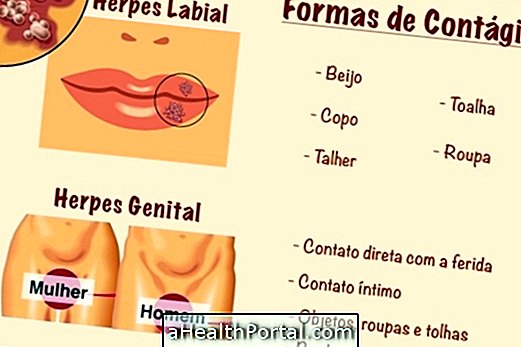The Middle Eastern Respiratory Syndrome - MERS, causes fever, coughing and sneezing, which can cause pneumonia or kidney failure when the immune system is weakened due to HIV or cancer treatments for example, and in these cases there is a higher risk of death.
The treatment of this syndrome consists only in relieving symptoms because it is caused by a virus, called a Coronavirus that can be transmitted from person to person through droplets of saliva that spread through coughing and sneezing.
To protect yourself, it is important to maintain a safe distance of 6 meters from the patient, and in addition, not to catch this virus, it is advised not to travel to regions where there are cases of this disease because it has no vaccine or specific treatment.
Symptoms of Middle Eastern Respiratory Syndrome
Symptoms of Middle Eastern Respiratory Syndrome Symptoms can be:
- Fever above 38ºC;
- Persistent cough;
- Shortness of breath;
- Some patients may experience nausea, vomiting and diarrhea.
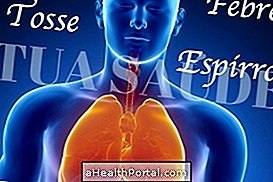

These symptoms may appear 2 to 14 days after contact with the virus and therefore if you suspect you should go to the emergency room and inform that you have been in one of the places affected by the coronavirus, because this is a disease that must be authorities.
Some people despite being contaminated have only mild symptoms, similar to that of a common cold. However, they can transmit the disease to others and they become severely affected due to their own health before they are contaminated.
How to protect yourself
The best way to prevent Middle Eastern Respiratory Syndrome is to avoid contact with contaminated people or animals in addition to avoiding travel to the countries of the Middle East during times of epidemic. Those who live in these places should wear a face mask to protect themselves.
Countries that belong to the Middle East include:
- Israel, Saudi Arabia, United Arab Emirates,
- Iraq, West Bank, Gaza, Jordan, Lebanon, Oman,
- Qatar, Syria, Yemen, Kuwait, Bahrain, I ran.
Until the MERS epidemic has been controlled one must consider the need to travel to these countries and avoid contact with camels and dromedaries because it is believed that they can also transmit the coronavirus.
Avoiding Transmission
As there is no specific vaccine for Middle Eastern Respiratory Syndrome to prevent contamination of other people, it is recommended that the patient does not go to work or school and take the following care:


- Wash your hands with soap and water frequently, then use gel alcohol to disinfect your hands;
- Whenever you sneeze or cough put a tissue over your nose and mouth to contain the secretions and prevent the virus from spreading and then throw the tissue in the trash;
- Avoid touching the eyes, nose or mouth without washing your hands;
- Avoid close contact with other people, avoiding kissing and hugging;
- Do not share personal objects such as cutlery, dishes or glasses with other people;
- Spray a cloth with alcohol on all surfaces often touched as door knobs, for example.
Another important care that the infected person must have is to avoid contact with other people, keeping a safe distance of approximately 6 meters away.
How is the treatment?
Treatment consists of symptom relief and is usually done at home. However, some patients may have complications such as pneumonia or kidney impairment and in these cases should remain hospitalized to receive the necessary care.
Healthy people who get contaminated are more likely to be cured, however, people with compromised immune systems who have diabetes, cancer, heart or lung problems, and kidney disease are more likely to be contaminated or severely affected, of death.
During the illness the patient should remain resting, quarantine, and follow all doctor's guidelines to avoid transmitting the virus to other people. Severely affected patients who develop pneumonia or kidney failure should be kept in the hospital for all necessary care. In these cases, the patient may need to breathe with the aid of devices and perform hemodialysis to adequately filter the blood, preventing complications.
How to strengthen the immune system
To strengthen the immune system and facilitate recovery it is advisable to drink 2 liters of water per day and invest in a healthy diet by eating larger amounts of vegetables, fruits, and lean meats, whereas processed and processed foods should be avoided.
Improving bowel functioning may contribute to a faster recovery and it is therefore recommended to eat yogurt with probiotics and eat more fiber-rich foods. See examples in: Probiotics and Foods rich in Fibers.
Signs of improvement
In people who are in good health and do not have any chronic illness and rarely get sick, signs of improvement can appear in a few days with the decrease in fever and general malaise.
Signs of worsening and complications
Signs of worsening usually appear in patients who suffer from other diseases or who have a fragile immune system. In such cases, the disease may worsen and symptoms such as increased fever, too much phlegm, difficulty breathing, chest pain and chills that are suggestive of pneumonia, or symptoms such as decreased urine output and body swelling, which are suggestive of renal insufficiency.
Patients who present these symptoms should remain in the hospital to receive all the necessary treatment, but it is not always possible to save their life.
Here's how the treatment of these complications can be done in:
- Treatment for pneumonia
- Treatment for renal failure

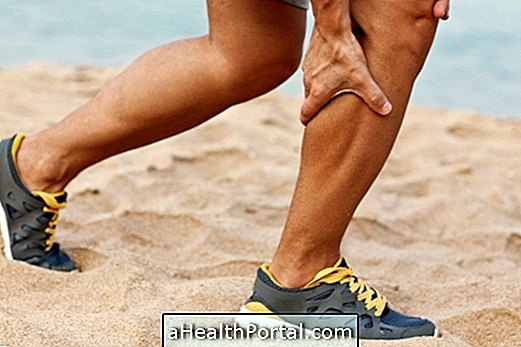


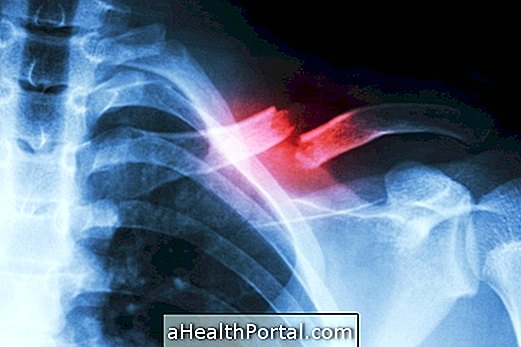
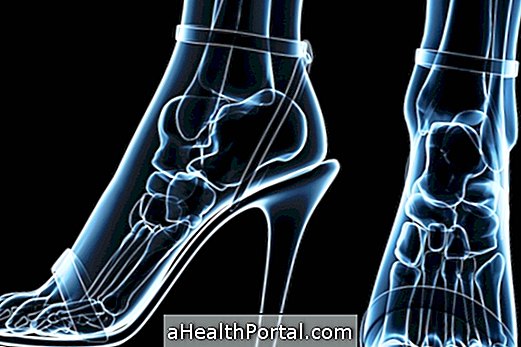

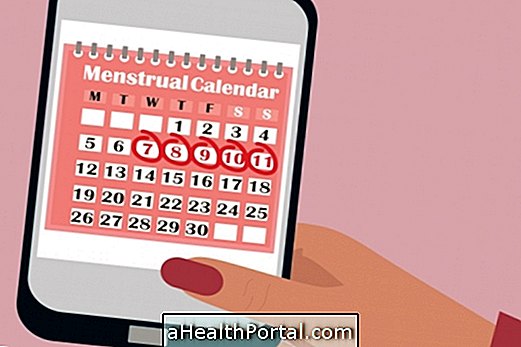
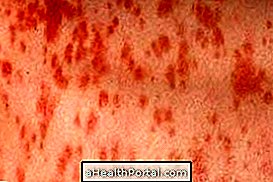

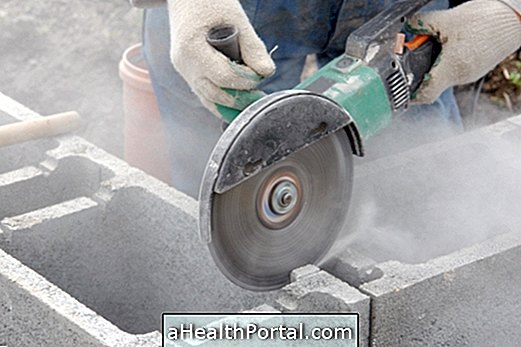

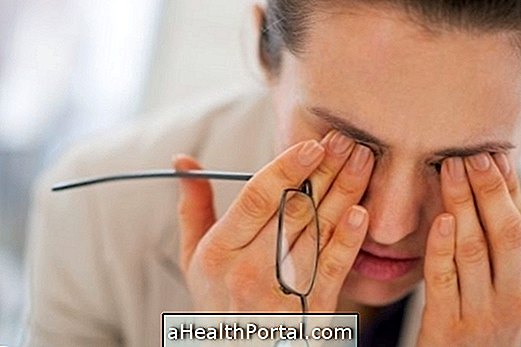
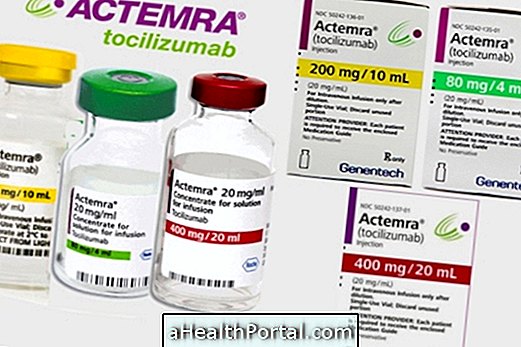
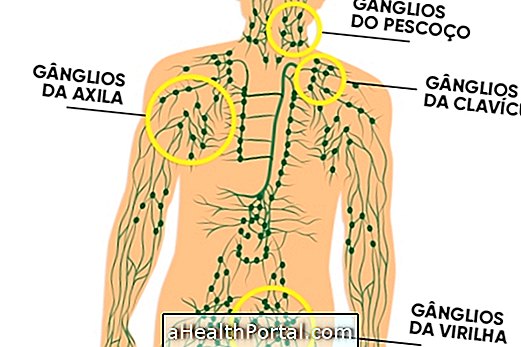
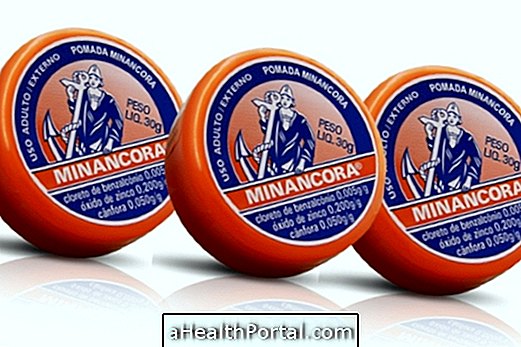

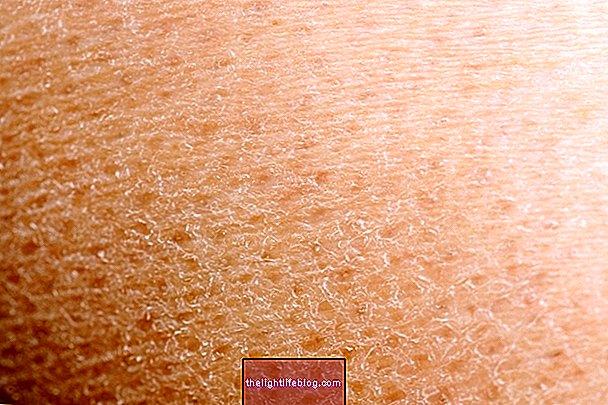

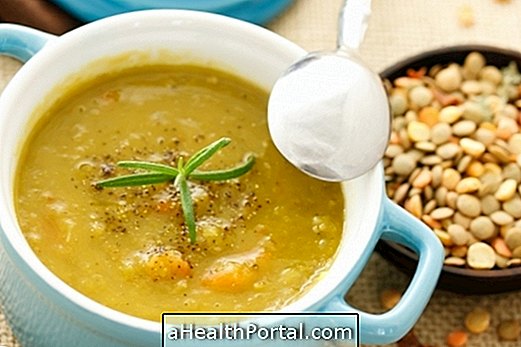
.jpg)



